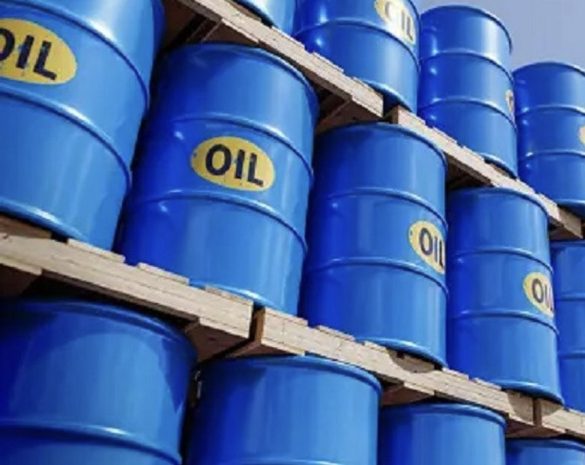KEY POINTS
- Nigerian crude oil blends traded above $71 per barrel midweek amid global market volatility.
- OPEC+ is considering further production increases in October, potentially pressuring global prices.
- Nigeria’s strengthened pipeline security and rising non-oil exports support revenue stability despite market fluctuations.
Despite indications of volatility in global markets ahead of a crucial OPEC+ meeting, Nigeria’s crude oil prices remained above the $71 per barrel mark in the middle of the week.
In the face of uncertainty surrounding the group’s production decisions, traders remained cautiously optimistic as Bonny Light and Brass River, two of the most traded grades in the nation, settled at $71.4 per barrel on Wednesday.
U.S. West Texas Intermediate dropped to $63.4 on Thursday, while Brent crude, the global benchmark, dropped 1% to $67 a barrel. Investors are anticipating that member states will talk about another round of production increases at the OPEC+ meeting this weekend.
According to analysts, such a change might put the stability of prices already under pressure from growing supply and rising inventories to the test.
OPEC+ considers output boost as global supply surges
In an effort to regain market share, eight OPEC+ members and affiliated producers are anticipated to review their October production goals. The group increased the United Arab Emirates’ quota by 300,000 barrels per day and increased output by about 2.2 million barrels per day earlier in 2025. Nevertheless, due to regional supply control and ongoing demand from Asia, Middle Eastern crude prices have held steady despite these increases.
Additionally, market observers are monitoring U.S. inventory data. Contrary to forecasts of a 2-million-barrel draw, the American Petroleum Institute reported a surprise increase of 622,000 barrels in crude stocks for the week ending August 29.
Nigeria, on the other hand, wants to protect its economy from changes in prices. President Bola Tinubu asserted that the country met its 2025 revenue target in August without recourse to borrowing, citing non-oil exports as the primary driver. Concurrently, the Nigerian National Petroleum Company announced that crude theft from pipelines had all but disappeared.
This action has allowed deliveries to return to export terminals and is anticipated to support production levels that surpass 2.5 million barrels per day next year, the highest since 2005.
Since U.S. sanctions on Russia have redirected Asian import flows, the nation’s crude has also grown to be a major source for India.
Nigeria’s improved pipeline integrity and security, according to analysts, may result in increased export volumes in the upcoming months, acting as a hedge against price volatility brought on by OPEC+ decisions and seasonal market conditions.



